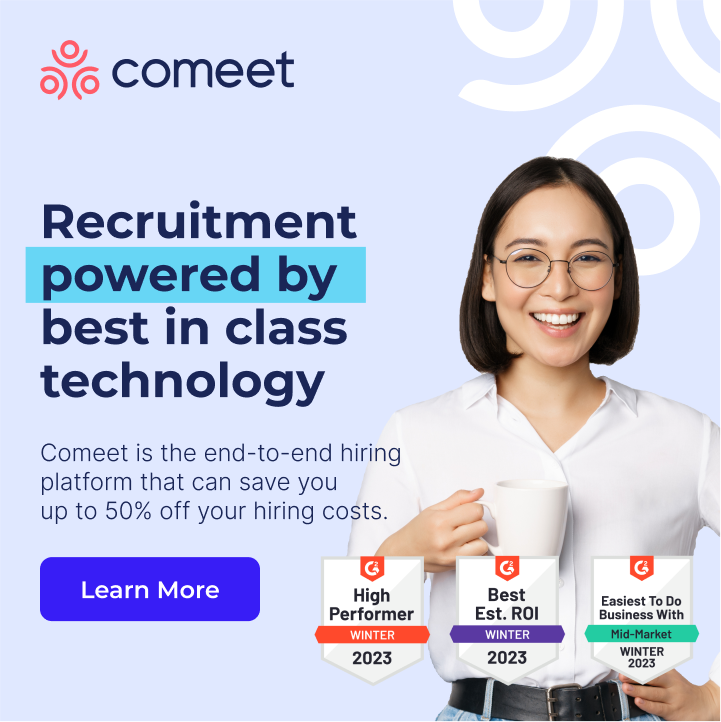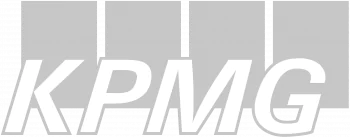Congrats! If you’re in the second round of job interviews, you showed that you were a qualified candidate in your first interview. Before you get too comfortable, it’s smart to assess the goal of second interview questions and what they provide the potential employer.
The second interview involves more nuanced questions than the first round, which likely focused on the qualifications from your application or resume like job skills, certification, history, references, and career goals. If all of those things checked out, the goal of the second round of questions is to demonstrate how you think on your feet, your problem-solving skills, your personality traits, and what personal (soft skills) you bring to the job.
5 Potential Questions in a Second Interview
The question examples and answers you could anticipate are endless. However, there are a few favorites that a good interviewer likes to use during this step of the hiring process.
1. What is Your Greatest Weakness?
This question is tricky because you need to be honest without presenting yourself negatively. Pick a genuine yet reasonable obstacle you hope to overcome. Explain how the job will give you an opportunity to grow and turn that weakness into a strength. Examples include fear of speaking in front of others or difficulty standing up for yourself. Make sure your weakness doesn’t directly contradict one of the job requirements.
2. Why Did You Leave Your Last Job?
Be careful that you don’t use this question as a way to talk badly about your previous employer. Even if you left on unpleasant terms, use your answer to focus on the new company. Something like “I am looking for opportunities to gain leadership skills” or “I want to use this new technology” can give insight without putting your previous workplace in a bad light.
3. Are You a Team Player or Do You Prefer to Work Alone?
This question has two right answers. A qualified candidate should be able to work with others when appropriate, but also take the lead and work independently when needed. Emphasize that you are comfortable with both when the situation calls for it. Give examples from your past, if you can.
4. What Do You Hope to Bring to the Position?
Assuming that you know a lot about the position, you could reflect upon the job description, pick a specific task, and explain how you’re especially excited about it. Explain that you would use this task to meet goals and support your managers. If the interviewer called out any particular skills you hold, emphasize your desire to use that skill to the benefit of the company.
5. Explain a Time You Did Something Well and Why You’re Proud of It
Use this answer to share your understanding of both your professional role and how you fit into a larger workplace ecosystem. The interviewer wants to know that you know how your actions affect others. They also want to see that you can recognize a job well done but that you don’t feel the need to take all of the credit. Give accolades to others who helped you in your accomplishments, if possible.
In addition to studying up on these sample second interview questions and answers, think through variations of each and the goal each is designed to meet. What information is the interviewer hoping to discover from each? Thinking ahead to the various ways a question could be phrased is an important preparation tactic for your second interview.
Questions You Can Ask the Interviewer
At the end of the questions you’ll be given, there should be a natural pause for you to ask questions as well. The interviewer may also prompt you by saying, “Is there anything you’d like to know about the position?” This is the perfect opportunity to ask a version of these questions that aren’t easily answered by the information on the company’s website:
- What are some of the characteristics of your most valuable employees?
- How would you describe the company culture and the work environment?
- Can you describe the management style on this team?
- What do you like about your job?
- What goals does the company have for growth in the next five years? How does this role contribute to that growth?
- What can I expect after the interview? What are the next steps?
These questions to ask an employer during the second interview are just suggestions. If there’s something you need to know to make a decision about a job offer, now’s the time to ask it.
Mistakes to Avoid During the Second Interview
It’s a pleasant turn of events to be invited back for a second job interview, but that doesn’t mean you should appear too relaxed or overly confident. Some common second interview mistakes to avoid include:
- Not following up on questions asked in the first job interview.
- Not bringing back your resume for additional questions that could be asked.
- Interrupting with your own questions, instead of holding them until the end.
- Not having your own questions since having nothing to ask could show a lack of interest or apathy in the position.
- Not saying “thank you” and not following up with a note or email of gratitude.
While there are other mistakes that could be made, these are the most common for second interviews.
Other Tips to Consider Before the Interview
Anyone wanting to know how to prepare for a second interview should spend some time researching the company. Look at the media page to learn about new product offerings, announcements, or charitable partnerships. See how they describe their accomplishments and make a note of those words used.
It’s smart to learn the lingo of the company before you interview as well. Mirroring their language shows that you not only took time to learn about them but that you’re on board to assimilate into the company culture. If you need an email template to thank your interviewers after the second round, check out this post.
Are you a recruiter or hiring manager looking to learn more about how to improve your interview process? At Comeet, we can help you become an interviewing expert with our intuitive tools. Leave your details below and we’ll get back to you asap.





























